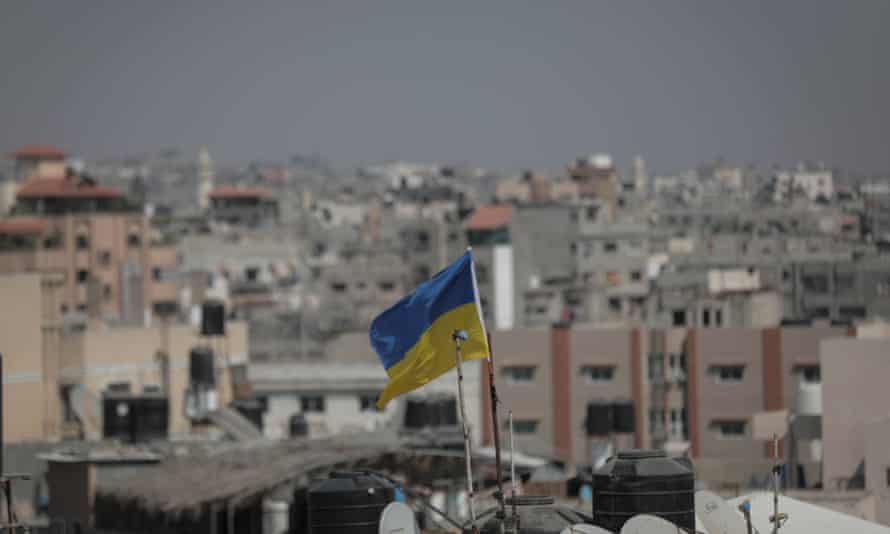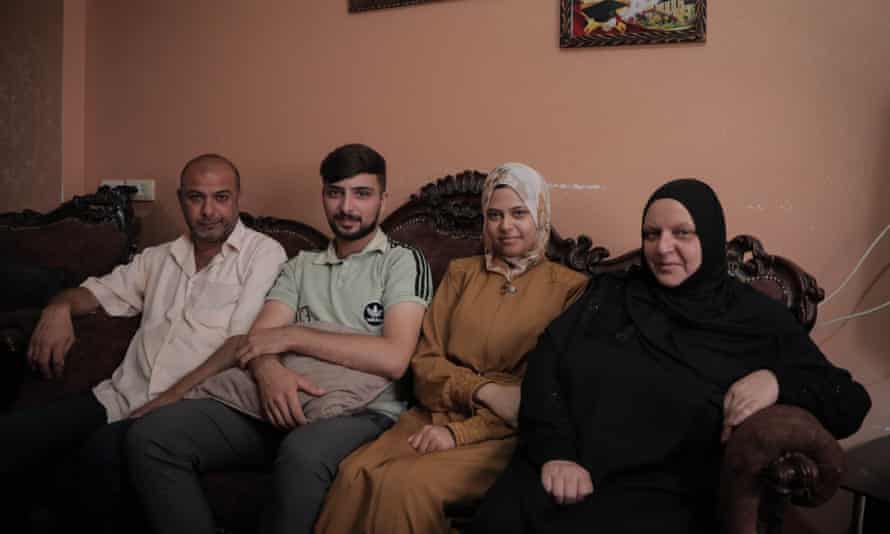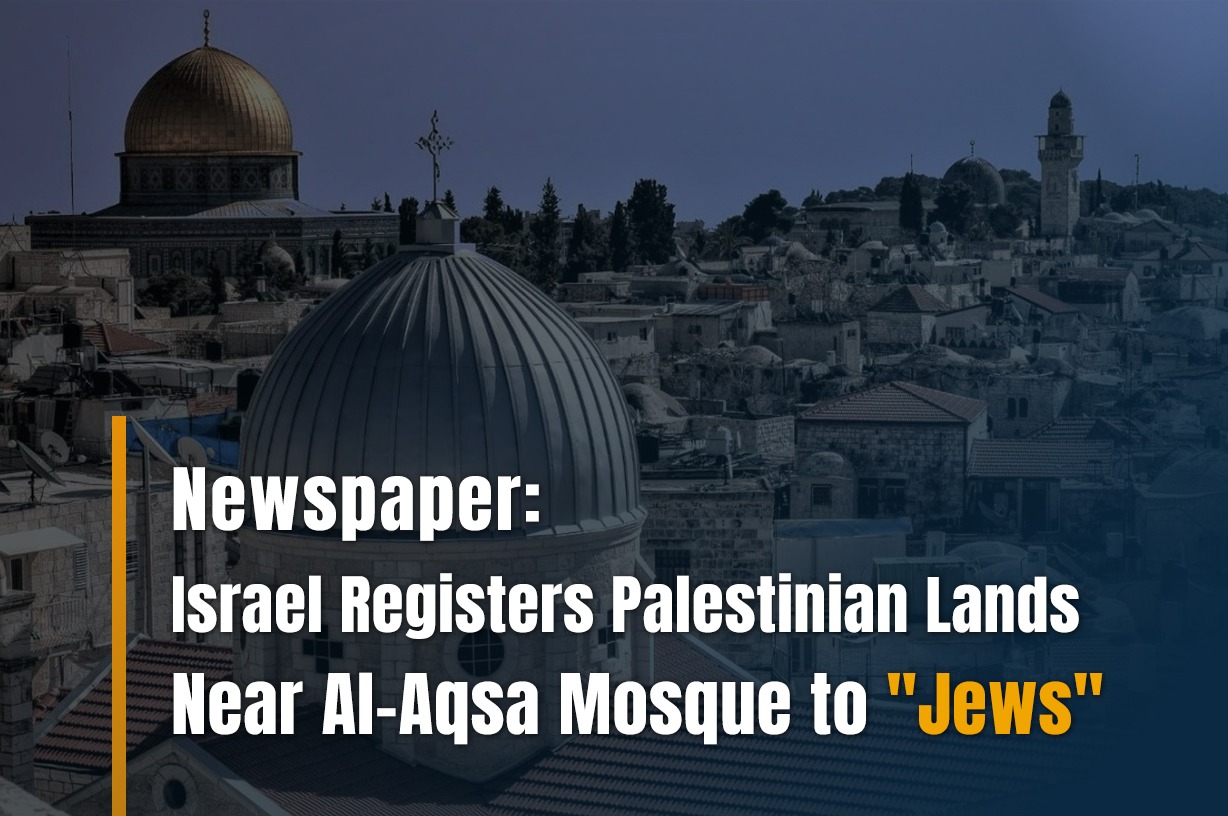Natalya Hassoumi’s family in Ukraine has been concerned for her safety in the Gaza Strip for more than ten years; they haven’t been able to get in touch with her for days at a time while the Israeli airstrikes have pounded the isolated Palestinian region.
The roles have reversed and Hassoumi is currently going through a similar scenario. For three weeks, she hasn’t heard from her family in Russian-occupied Kherson, including her parents and siblings.
“I think the Russians must be making people switch to using Russian networks and sim cards, but I don’t know what’s happening,” the 41-year-old doctor said. “It’s very hard not knowing.”
Hassoumi is one of roughly 830 persons of Ukrainian descent that reside in Gaza, making them the majority of foreign residents in the coastal region that is under embargo. The doctor is painfully aware of what her family in Kherson is going through having lived through three aggression in Gaza.
“I never thought that war could happen in Ukraine,” Hassoumi said at the house in Beit Lahia she has shared with her husband Iyad and the couple’s three young sons since 2011. “No food, no electricity … Gaza and Ukraine have the same problems now.”
The Soviet Union was a major champion of the Palestinian cause, for decades offering scholarships and business visas to people from the West Bank and Gaza. After Ukraine declared its independence in 1991, many of those ties endured: the majority of Ukrainians now in Gaza are women who met Palestinian spouses studying at Ukrainian universities, and moved back with their husbands.

Last May, during the 11-day assault on Gaza that killed 256 people in Gaza and 14 people in Israel, about 120 Gaza families with links to Ukraine were evacuated, but less than a year later, one woman found herself travelling the other way.
Viktoria Saidam, 21, had been unable to travel to Gaza to meet her in-laws for two years due to pandemic travel restrictions. However, following the Russian invasion in February, she and her husband Ibrahim, 24, both students in Kyiv, heard the shelling increasing closer and closer.
The pair left Vinnytsia, where she was from, in a minibus and crossed the Romanian border on foot to seek refuge with Ibrahim’s parents. After that, they took a flight to Cairo before traveling through the southern Gaza Strip’s Rafah crossing in Egypt.
She says she was aware of the issues in Gaza caused by the 15-year-old Israeli-Egyptian blockade. Over 50% of its 2 million residents are unemployed, there is inconsistent energy, the water supply is contaminated, and there is always the uncertain prospect of a new round of Israeli aggression over the coastal enclave.
The couple hopes their stay will be brief. “Since we got married, I kept preparing her for what she would see in Gaza,” Ibrahim told local media.
“I tried to make the situation look even worse than it actually is so that when she came, she would not see it as that bad.”
Since 1997, 45-year-old Natalia Mabhouh has resided in Gaza. Her eldest son, Ahmed, was also residing in Kharkiv at the time of Russia’s invasion in February, along with her mother and sister, who remain there. Since then, Ahmed and his wife from Ukraine have found shelter in Germany.

“When I came to Gaza the economic situation was good, there was peace, but we got used to wars and escalation since then,” the hairdresser said.
The outbreak of war in Europe has also led to tensions within the Ukrainian and Russian-speaking communities in Gaza: in March, many local Ukrainians were upset after a group of Russians held a pro-Moscow demonstration. Friendships going back years have ended, and vicious arguments continue on social media.
“It is really difficult,” said Hassoumi. “My mother is Ukrainian and my father is Russian and suddenly people are not talking to me. I feel like many people don’t care about the details, but it’s an occupation, like the Israelis.”
compelled to keep up to date with the war from afar, either online or watching television news bulletins, Gaza’s Ukrainian community has been left feeling fearful for the future of both their native land and adopted home.
“We built a life here, so despite everything, we will stay,” said Ashraf al-Nimr, one of the leaders of the local Ukrainian community who holds a Ukrainian passport, married a Ukrainian, and lived in Mariupol for a decade. Fifteen of his wife Olya’s family members have gone missing since Russia’s brutal siege of the city began.
“We can help by giving people in Ukraine instructions on how to deal with war, how to hide, raising money. Any way we can help, we will,” he said.
Shortlink for this post: https://daysofpalestine.ps/?p=21112






